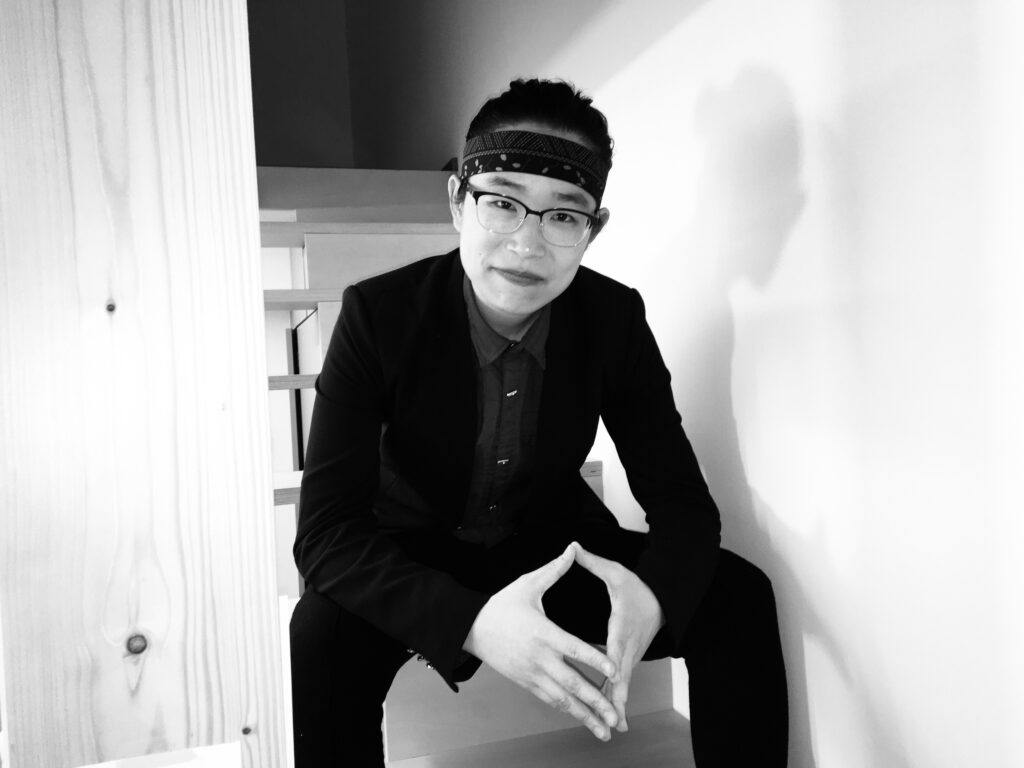Connecting with the self
My thesis discusses connecting with the self through archetypes and consciousness, trauma and coping mechanisms as well as chi in a Chinese perspective, which further lead to breath meditation. For many years I have not felt like myself, several parts of me got lost on the way. The thesis provided a way to find parts of me through transpersonal psychology and transrational philosophy.
The first chapter contains my personal development throughout the last years, and the reasons I chose this topic. The second chapter focuses on transpersonal psychology, its definition and a deeper analysis of the four archetypes, persona, shadow, anima and animus, in connection with the self. It also contains scientific aspects of consciousness, such as nerve transmission in the brain and the somatosensory signals (confusing yeah? Google it! :)) that are in charge of bodily motions.
The third chapter deals with attachment theory, its definition and causes and the influences of trauma on a child and an adult. The fourth chapter discusses the Chinese concept of chi, and how it was interpreted in Huangdi Neijing – an ancient Chinese book about health and mental well-being. This part of my thesis also includes the outline of an embodied method, breathing, breathing meditation, and the neurological changes it brings about.
Regarding the writing process, the methodology part was very exhausting, but the pain got better with Norbert Koppensteiner’s (my supervisor) support. There were also times I wanted to pull my hair out or just could not fall asleep, but nothing special, nothing new. Partially, maybe, because I realized that I put too much of my experiences, pain and growth in the thesis, as my intention was also to connect with others through these aspects.
In the end, I learned to love myself… I wish. After writing the thesis, I found myself in a place of confusion, what is love or what is the self anyways? I felt like I was grabbing air, peeping into illusions rather than feeling something in my hands. I actually got quite upset about several of my thesis’ topics because I wish I knew more about them. That is why I decided to study psychotherapy to get a closer look at these topics.
At the beginning of this process, the first question that touched me was: what do I really want for myself? Depending on what stage of my life I am in, I realize that there may be no self, or selves, which has motivated me to concentrate on things more palpable. I am now learning about Traditional Chinese medicine philosophy from online courses to understand more on the workings of body, mind, and heart. So, what did I learn from my own thesis? A long path into the unknown. Now, I will let my readers gain their own impressions. Cheers and enjoy reading!
LIMENG (AMBER) CHEN graduated from the MA Program in Peace Studies at the University of Innsbruck in 2020. Since her graduation, she has been searching for jobs during this pandemic craziness. She does not believe in conspiracies, but the challenge to stop partying. Her thesis was supervised by Norbert Koppensteiner.
Contact: limeng.aamber.chen@gmail.com


